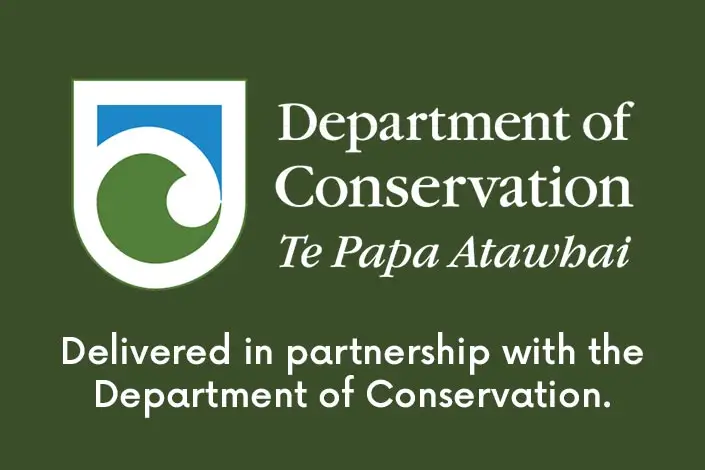Ask a question or call 0800 422 733
-
Tahatū, Career Navigator
Discover career possibilities and how to reach your goals. tahatu.govt.nz(external link)
-
Course code
CFS425T
-
Locations and dates
No start dates are currently available. Register to be informed when new dates are added. -
Credits
5
Learn this useful outcome monitoring technique to assess the effectiveness of possum control and trends over time.

To determine the success of possum control, you need to do more than estimate the number of possums killed or the number surviving after control. Using trap catch data is not sufficient.
The success of control should be determined by measuring the resource you are trying to protect; te ngahere, the forest.
This outcome monitoring technique was developed to ensure
- Rapid and direct assessment of possum damage
- Way to provide information on the mortality rates of indicator species (trees) and patterns of animal pest damage
- Guide to determine when pest control should be initiated
You will be taught how to follow the Manaaki Whenua (Landcare Research) protocol and establish consistent data collection, recording, and storage.
Please take note of the workshop dates as they differ from the course start date. Also, online enrolments for our courses close on the course start date.


